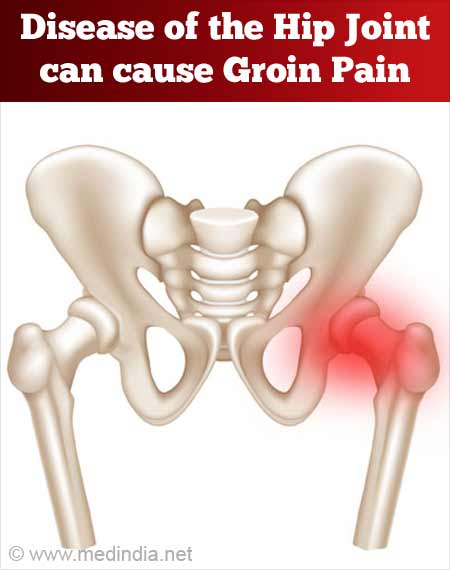If you re too sedentary in the weeks following hip replacement surgery there may be pain located about the hip simply due to stiff structures.
Causes of groin pain after hip replacement surgery.
It s not always normal to still have hip pain three months after a hip replacement.
Hip impingement can result in pain after hip replacement surgery.
Activity limiting thigh pain is still an existing problem linked to the femoral component of uncemented hip replacement in up to 1 9 to 40 9 of cases in some series 1.
Total hip replacement surgery or arthroplasty involves removing a damaged ball and socket hip joint and replacing it with an artificial hip joint made out of metal or durable synthetic materials.
The implants used in hip replacements are made to resist corrosion and wear.
Total hip replacement patients who fail to adhere to their rehab exercises.
The prevalence of groin pain after conventional total hip replacement ranges from 0 4 to 18 3 and.
There are loads of possible causes for this pain.
A number of factors may be preventing you from getting the best results after your surgery.
Persistent groin pain is not normal but unfortunately can and does occur after hip replacement surgery.
These include various deformities of the femoral neck.
Most of the time pain in your hip and groin is caused by a problem with the bones or other structures in or around the hip joint.
Muscle strain is another common cause.
Hip replacement surgery involves removing the hip joint and replacing it with an artificial joint that typically consists of metal ceramic and hard plastic.
That said the timing of when to undergo rehabilitation depends on the underlying problem for example post operative physical therapy after a hip replacement versus long term physical therapy for hip osteoarthritis.
For most people who undergo the surgery hip replacement successfully relieves hip pain and restores hip function.
This can be very unsettling as many patients opt for hip surgery to free themselves from their groin pain and limited hip range of motion.
Hip impingement occurs when the normally smooth motion of the ball joint in the socket is interrupted or the smoothness of the motion is impaired.
Pain after hip replacement is more common than you think.
There are a number of factors that can increase the risk of hip impingement.
Here we go over several.















































